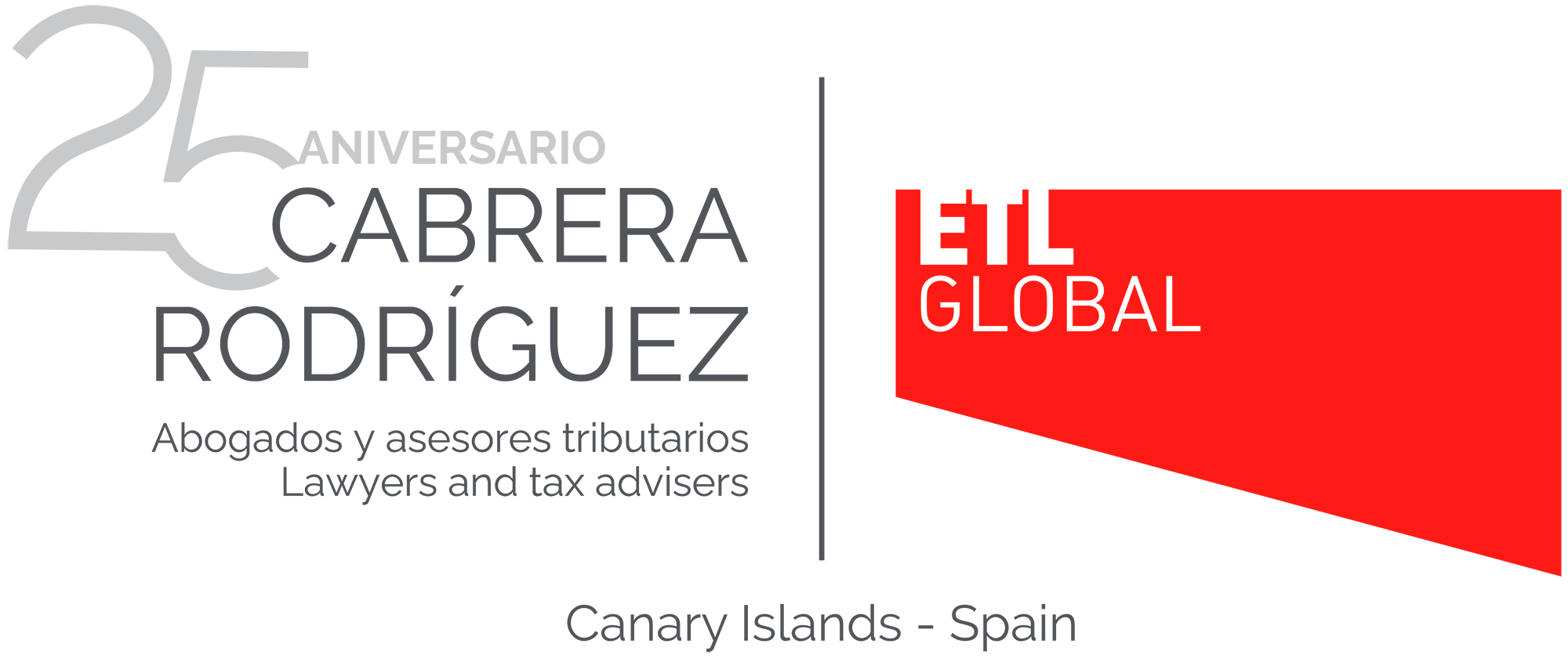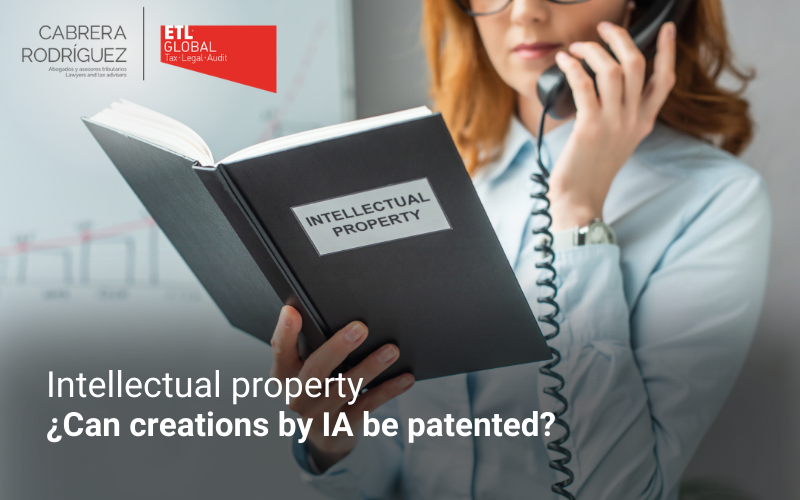The contemporary era is immersed in an unprecedented technological revolution, driven by the rapid advancement of Artificial Intelligence (AI).
This phenomenon has transcended the boundaries of mere innovation to fundamentally redefine our relationship with technology and the way we conceive of progress. In this new paradigm, collaboration between the human mind and the processing capacity of machines emerges as a determining factor, giving rise to innovations that previously seemed unattainable.
However, this symbiosis raises new challenges, especially with regard to intellectual property. In a context where Artificial Intelligent Agents play an increasingly prominent role in the creative process, a crucial dilemma arises: who are the true inventors of these creations? Can machine-generated inventions be the subject of patents, and if so, who would be entitled to claim them?
These questions not only challenge the foundations of the patent system, but also raise the urgent need to adapt existing regulations to meet the new challenges posed by the AI era.
Current patent law poses a fundamental dilemma regarding the definition of inventor. Although the Patent Law does not explicitly require that the inventor be a natural person, it reflects a clear ethical inclination to recognize creativity and originality as inherent attributes of human ingenuity, suggesting that such recognition is granted primarily to natural persons.
In this scenario, Artificial Intelligence Agents (AIA) lack any intentionality or will of their own, since their actions are predefined by their programmers and operate within the parameters set by them.
Therefore, faced with the inherent limitation of machines to be recognized as authors of creative works, the question arises as to who should be recognized as the author or holder of the exploitation rights of such works.
To address the issues raised above on the authorship of inventions in the context of Artificial Intelligence, the following points need to be examined:
Who could be the owner of the property of a work created with AI?
It is crucial to analyze the various situations that emerge during the creation process and how they influence the attribution of ownership of inventions. In this sense, different scenarios are identified that exemplify the complexity of this problem and pose significant challenges in terms of ownership.
Intellectual property by the user employing the AIs
In this scenario, the human user interacts with the AI to generate a final work so that, although the programmer supplies the data that will be used by the machine to generate the final work, the materialization of this as a “reality” ultimately depends on the intervention or even modification by the user.
However, this solution has limitations, since the end user could have a restricted role in the creative process, possibly limiting himself to simple actions, such as activating the agent. Therefore, the possibility arises that the end user may not meet the necessary criteria to be considered as the legitimate author of the work generated by the Intelligent Agent, since his participation in the creative process could be insufficient.
Intellectual Property by Artificial Intelligent Agents
Inventions attributed to Artificial Intelligent Agents (AIA) pose an intriguing scenario where creativity and machine autonomy are central. An emblematic case is DABUS, an AI system developed by Dr. Stephen Thaler. Unlike other AIs that rely on predefined algorithms, DABUS is able to generate ideas autonomously and creatively, continuously adapting itself from the data and patterns it encounters in its environment.
However, despite his autonomy in the invention process, patent applications filed by Dr. Thaler on behalf of DABUS were rejected by both the U.S. Patent and Trademark Office and the European Patent Office. The basis for this rejection lies in the legal requirement that an inventor be a “natural person”.
Solutions to intellectual property and artificial intelligence issues
International doctrine is currently exploring various solutions in order to address the complex problem associated with the protection of these creations that, despite meeting the requirements of patentability, are not susceptible of protection under the intellectual property legal regime.
This challenge, as we have seen above, stems from the fact that such creations have not been generated by a natural person.
Leaving inventions of works created by artificial intelligence out of intellectual property
Faced with the legal challenge presented by works generated by Artificial Intelligence, a first possible solution would be the denial of their protection by copyright and intellectual property rights based on the traditional paradigm of authorship, rooted in most legal systems, which establishes that only natural persons can be recognized as creators of works of ingenuity.
By adopting this position, we advocate keeping intact the traditional concept of authorship that has served as the basis of our intellectual property law for years, considering as “author” only the natural or legal person, as established in Article 5 of the Intellectual Property Law.
Conferring legal personality to the AI
Another possible solution is the possibility of attributing legal personality to Artificial Intelligence, which represents a radical innovation in the field of intellectual property. By considering machines as “authors” of works generated by themselves, the traditional notion of authorship is challenged and these new technological entities are recognized as legal subjects, at least partially.
However, this approach poses significant ethical challenges, since it implies equating humans and machines, which entails attributing human qualities to software programs.
Acknowledging programmer authorship
A less disruptive alternative to granting Artificial Intelligence the status of a legal subject, involves attributing the original ownership of copyright to the computer programmers responsible for the development of the AI that generated the work.
In the context of Spanish law, this alternative implies modifying article 5 of the Intellectual Property Law (LPI), allowing creativity to arise from an entity other than the human being. This amendment would open up the possibility of incorporating this alternative path within the framework of article 8 of the IPL, which regulates collective works. Under this perspective, computer programmers would adjust to the functions of “edition and dissemination under their name” which would imply that they could acquire the ownership of the copyright, although not the authorship of the creation.
However, granting the creator of the AI ownership of the invention and the right to patent may present challenges. On the one hand, it would imply granting him ownership of all the results generated by the AI, which contradicts the established patent system. On the other hand, enforcing this right is not easy since the specific functions that the AI eventually performs will depend on its user, so the results obtained will be outside the control of the programmer.
Our conclusions on intellectual property and AI
The dizzying advance of Artificial Intelligence (AI), which promises to even surpass human skills in the development of innovations, raises the urgent need to establish a solid legal framework to regulate intellectual property rights around inventions produced by this technology.
The lack of clear guidelines could trigger major legal conflicts and ethical dilemmas in the future. It is therefore essential to anticipate these challenges by developing regulations that not only address current technologies, but also contemplate possible future developments in the field of AI. This will promote equity between humans and AI-driven creations in the field of intellectual property.

